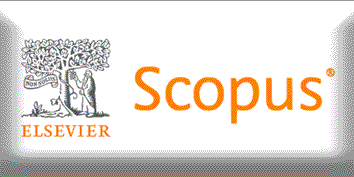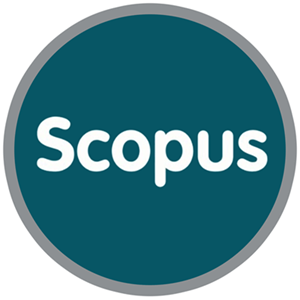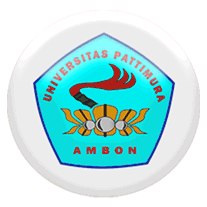MEMAKSIMALKAN KEUNTUNGAN HARIAN PADA INDUSTRI RUMAHAN “NANDA JAYA†DENGAN PENERAPAN METODE SIMPLEKS
Abstract
The home industry "Nanda Jaya" produces banana chips, cassava chips and tempe chips daily. From preliminary observations, information is obtained that in determining the composition of the number of units for each type of chips produced, and determining the selling price of the product per unit, is carried out on the basis of experience while running the business, so there is no optimal way to determine it. With this condition, the company's profit needs to be reviewed whether it is optimal or not. The purpose of this research is to determine the number of production units of each type of chips, in order to obtain maximum profit and also determine the efficiency that occurs in the utilization of cost and time resources. Data collection was carried out by observation and interviews. The mathematical model of the research problem is a linear program problem with three variables that can be solved by the simplex method. From the results of data analysis, it was concluded that in order to obtain maximum profit, the company had to produce 74 units of Banana Chips, 161 units of Cassava Chips and Tempe Chips not to be produced. Maximum profit is Rp. 285,387, - (previously Rp. 247,000, -), Production Capital was reduced to Rp. 889,613, - (previously Rp. 928,000, -), while the total available time was used up.
Downloads
Authors who publish with this Journal agree to the following terms:
- Author retain copyright and grant the journal right of first publication with the work simultaneously licensed under a creative commons attribution license that allow others to share the work within an acknowledgement of the work’s authorship and initial publication of this journal.
- Authors are able to enter into separate, additional contractual arrangement for the non-exclusive distribution of the journal’s published version of the work (e.g. acknowledgement of its initial publication in this journal).
- Authors are permitted and encouraged to post their work online (e.g. in institutional repositories or on their websites) prior to and during the submission process, as it can lead to productive exchanges, as well as earlier and greater citation of published works.






1.gif)



